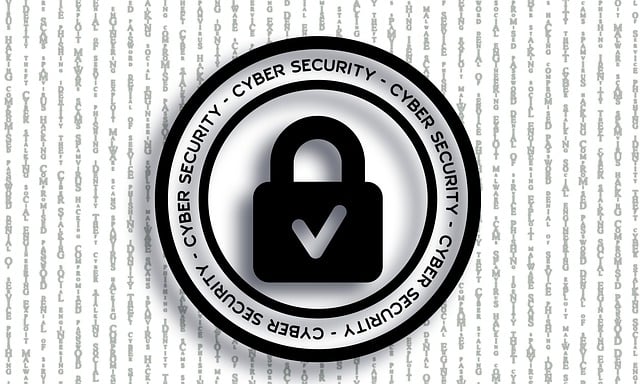College students facing housing challenges must be wary of rental scams, including overpriced, subpar accommodations or fraudulent listings. To avoid rental fraud, students should adopt proactive strategies: verify property details, remain skeptical of urgent requests/unusual payment methods, cross-check contact info, and communicate directly with landlords. Student rental tips include thorough research, reading lease agreements carefully, and verifying every listing detail to ensure a safe college renting experience and avoid becoming a victim of student housing scams.
“As college students navigating unfamiliar cities, understanding and avoiding rental scams is crucial. This guide equips you with essential strategies to recognize and prevent falling victim to fraudulent student housing situations. From ‘rental scams college’ students often encounter to ‘safe college renting’ practices, we break down effective methods for ‘avoiding rental fraud’.
By mastering these ‘student rental tips’, you’ll be empowered to make informed decisions, ensuring a secure and stress-free transition into your new living space.”
- Understanding Rental Scams College Students Face
- Strategies to Avoid Rental Fraud and Recognize Scams
- Safe College Renting: Tips for Student Housing Scams
Understanding Rental Scams College Students Face

College students often find themselves navigating a new world of opportunities and challenges when it comes to finding affordable and safe housing. One significant challenge is the prevalence of rental scams specifically targeted at students. These scams can range from overpriced, subpar accommodations to outright fraudulent listings that never exist. Understanding these scams is the first step in protecting oneself.
Avoiding rental fraud requires a keen eye for detail and a healthy dose of skepticism. Students should exercise caution when dealing with urgent requests, unusual payment methods, or landlords who refuse to meet in person. It’s crucial to verify every detail about the property, including its location, price, and condition, through multiple independent sources. By being proactive and informed, students can significantly reduce their risk of falling victim to these scams, ensuring a safer and more secure college housing experience.
Strategies to Avoid Rental Fraud and Recognize Scams

Staying safe while searching for college rental options is crucial. Rental scams are prevalent among students, but with the right strategies and awareness, you can avoid becoming a victim. One effective way to prevent rental fraud is to educate yourself about common student housing scams. Familiarize yourself with red flags such as unusually low rent, pressure to pay immediately, or demands for personal information before viewing the property.
When exploring rental options, always conduct thorough research. Check online reviews and reach out to previous tenants if possible. Verify the landlord’s identity and the legitimacy of the property listing. Be cautious of deals that seem too good to be true—they likely are. Keep your personal information secure and never share sensitive details until you’re certain the landlord is reputable.
Safe College Renting: Tips for Student Housing Scams

Staying safe while searching for college housing is crucial to avoid falling victim to rental scams. As a student, it’s important to be vigilant and informed about potential frauds that target naive renters. One common tactic used by scammers is to create convincing fake listings, often through popular online classified platforms or social media groups dedicated to campus housing. They may promise desirable off-campus apartments at seemingly too-good-to-be-true prices or quick moves-in with minimal requirements.
To recognize these scams, students should verify every detail of the listing, including the property’s existence and availability. Cross-check contact information and communicate directly with landlords or property managers via official channels. Be wary of urgent requests for payment or personal details; legitimate landlords usually provide more time to arrange transactions securely. Additionally, always read the lease agreement carefully before signing, ensuring it aligns with your rights as a tenant and contains no suspicious clauses.














